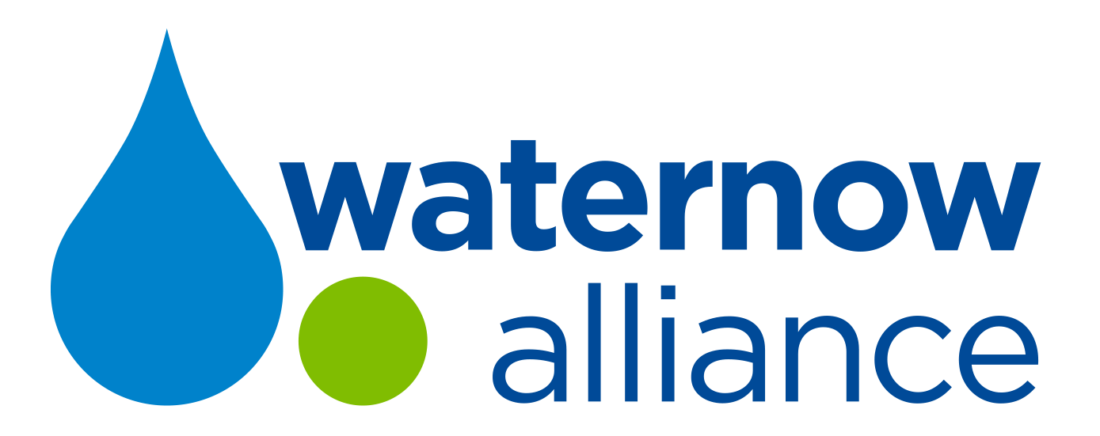WaterSMART Grants Program Funding
Over 60 Water Leaders sent a letter to advocate for the re-authorization of the WaterSMART Grants Program View DescriptionDownload the Senate and House versions letter with complete list of signatures.
In 2010, the Interior Department launched the WaterSMART (Sustain and Manage America’s Resources for Tomorrow) Program to incentivize water efficiency efforts and provide tools to help water-resource managers make informed decisions. The initiative includes five complementary programs, including the WaterSMART Grants Program. Run by the Bureau of Reclamation, the Grants Program provides cost-sharing funds (no more than 50% federal money) for local water and energy conservation or efficiency projects to eligible applicants, such as states, municipalities, water or irrigation districts, Tribes or other organizations with authority to deliver water and power in the western United States.
 The WaterSMART Grants program has been hugely successful. Between 2010 and 2016, the Grants Program contributed $137 million dollars to leverage $395 million dollars in non-federal funding from project partners. Of the 243 projects that have been awarded, 143 (60%) have been completed. The Bureau of Reclamation and its local project partners estimate that annual water savings exceed 1.1 million acre-feet of water, equal to roughly 150% of the residential water use by the Denver, Colorado metropolitan area. Additionally, due to the close connection between water and energy use, the program is estimated to save 10.8 million kilowatt-hours each year, equivalent to the energy needs of approximately 1,000 average households and 12million pounds of avoided carbon emissions.
The WaterSMART Grants program has been hugely successful. Between 2010 and 2016, the Grants Program contributed $137 million dollars to leverage $395 million dollars in non-federal funding from project partners. Of the 243 projects that have been awarded, 143 (60%) have been completed. The Bureau of Reclamation and its local project partners estimate that annual water savings exceed 1.1 million acre-feet of water, equal to roughly 150% of the residential water use by the Denver, Colorado metropolitan area. Additionally, due to the close connection between water and energy use, the program is estimated to save 10.8 million kilowatt-hours each year, equivalent to the energy needs of approximately 1,000 average households and 12million pounds of avoided carbon emissions.
In June, 2017, WaterNow Alliance sent a letter to key members of Congress to advocate for the re-authorization of key laws and a modest increase in the WaterSMART Grants Program budget in the 2018 Fiscal Year budget. Over 60 water leaders from utilities in the West signed onto the letter to show their support and demonstrate the need to continue this vital program that has been so effective in helping address the water resource management challenges in the Colorado River Basin and throughout the western United States.
